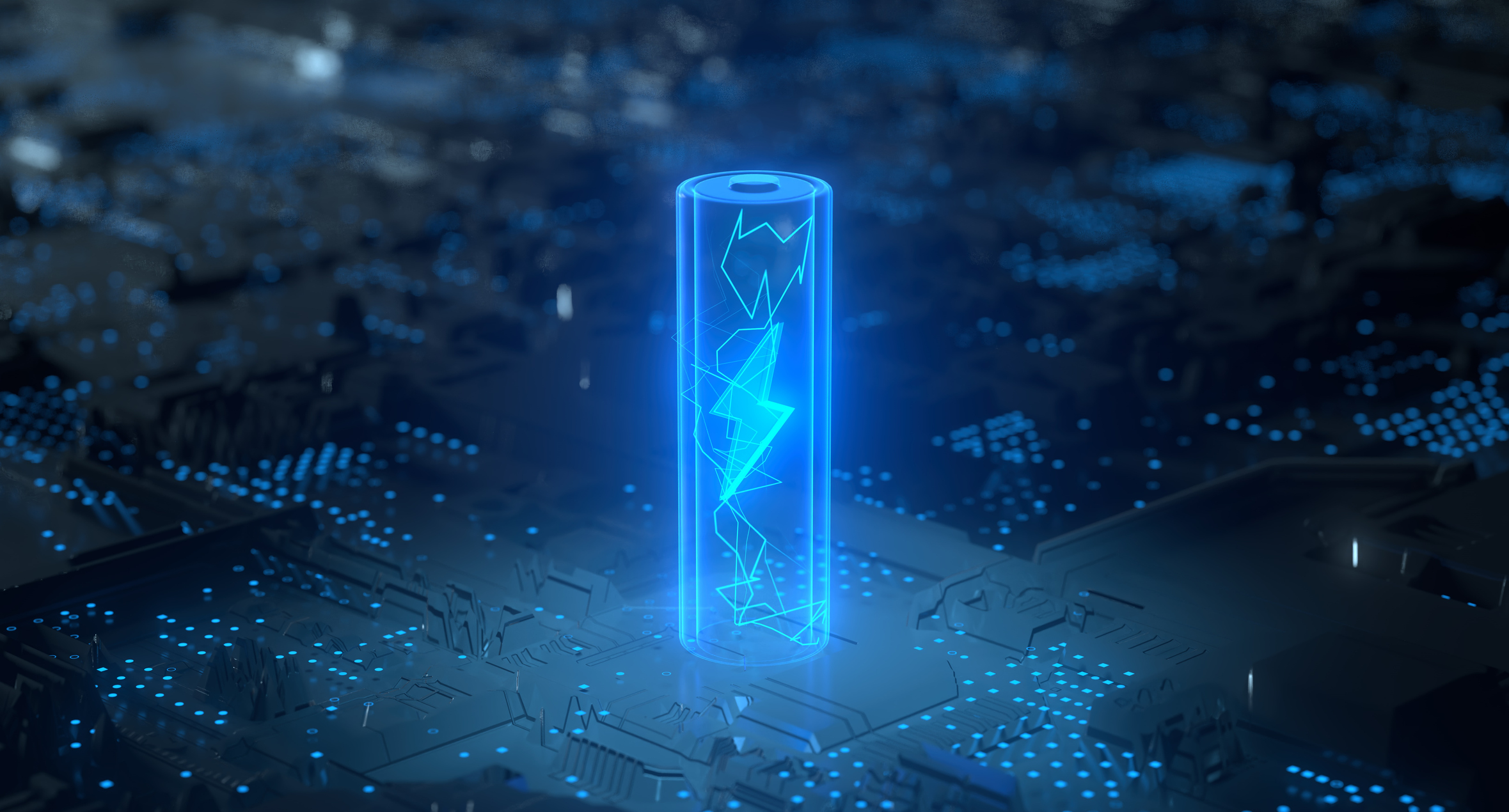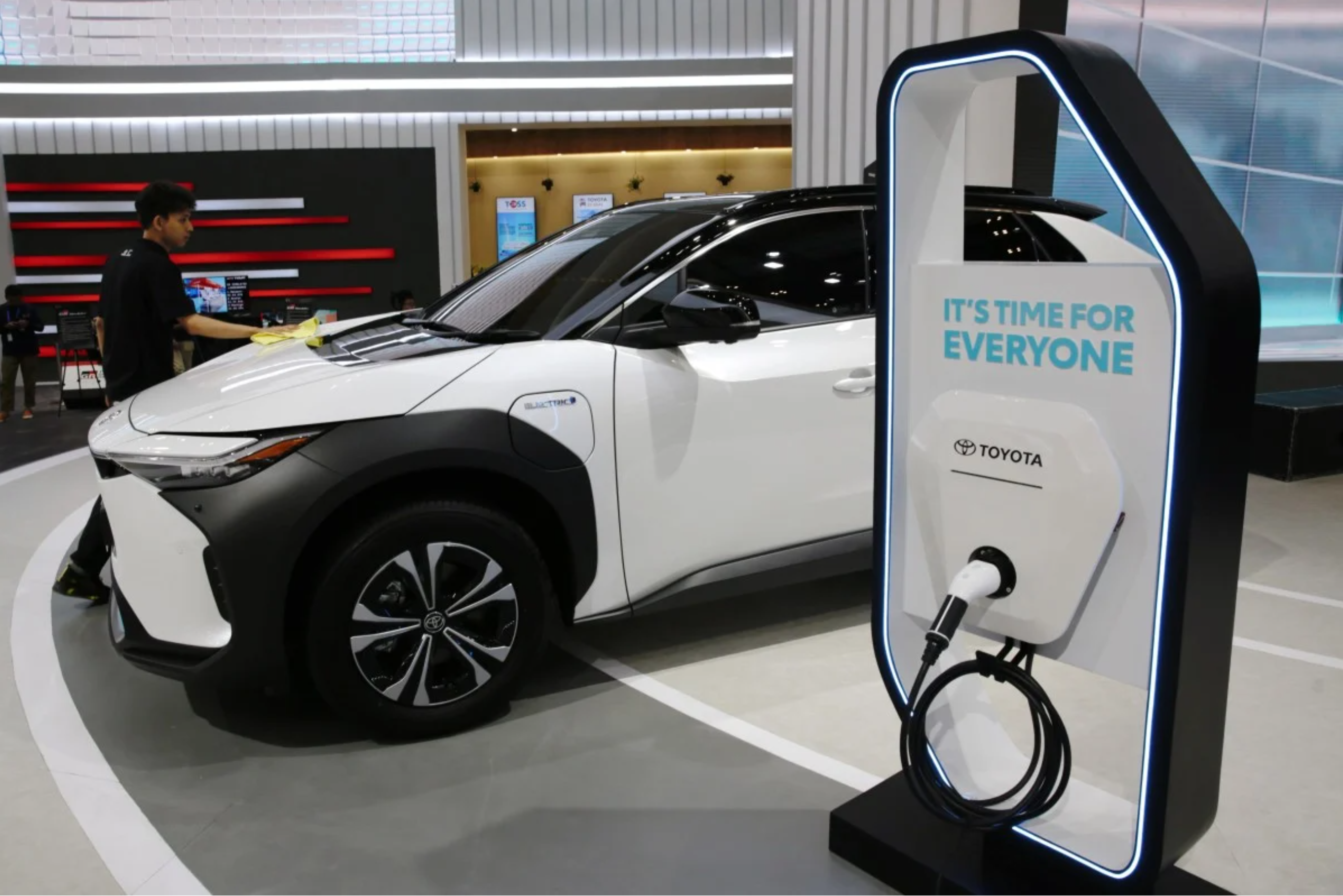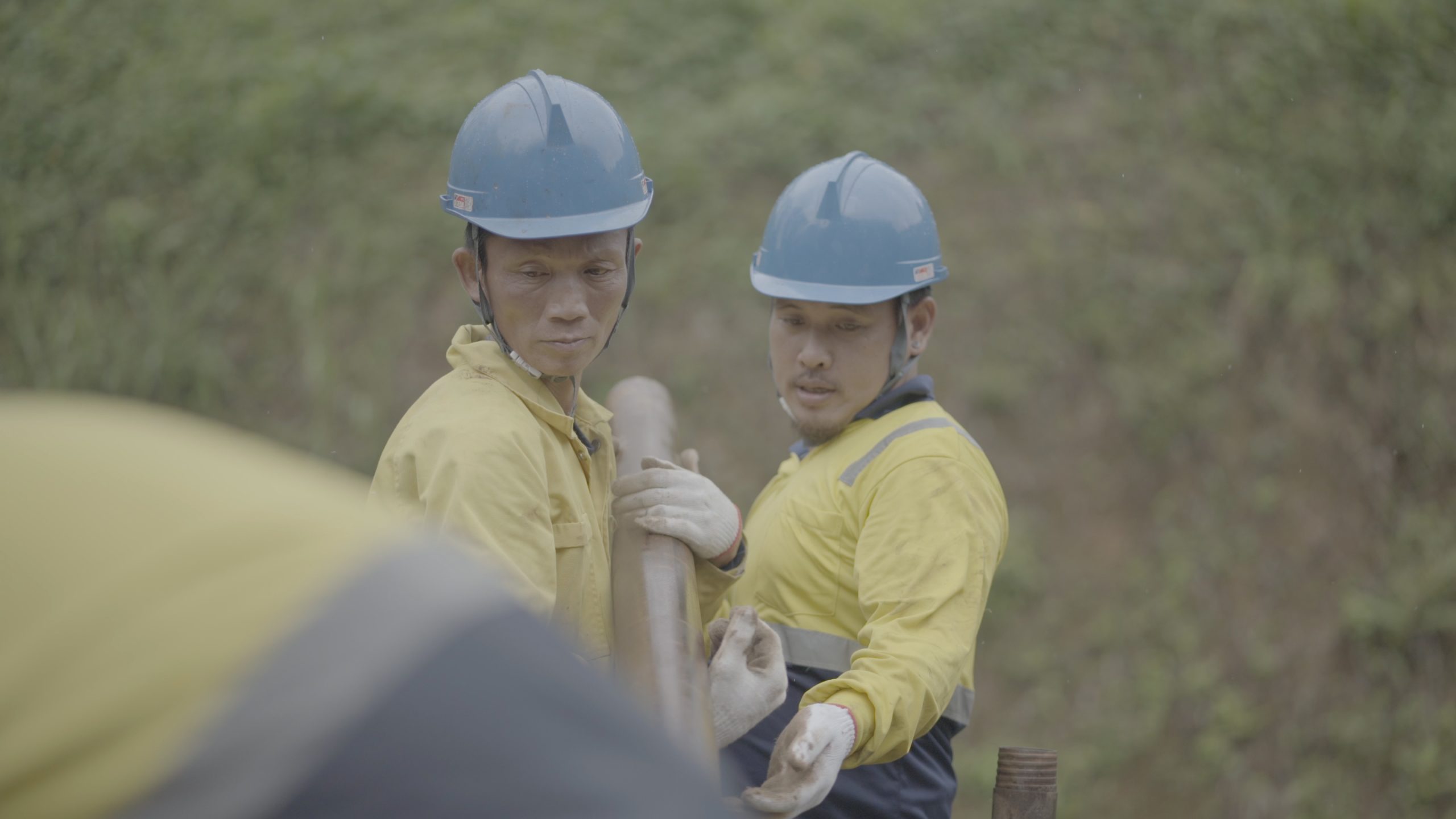- Chalks up policies to boost EV production
- Companies line up in Thailand, eye industry value chain
- Vietnam another breeding ground for lithium processing
Thailand is in the early stages of developing its own electric vehicle industry, which will be backed up by a supply chain to support the manufacturing of the necessary secondary batteries.
Thailand, the leading country in Southeast Asia for vehicle production, has taken steps to ensure its edge in the sector is not lost as it implements initiatives to secure its future in electric vehicles.
The 30% policy
On May 21, 2021, Thailand’s National Electric Vehicle Policy Committee, or EV Board, published its ’30@30′ policy to promote zero emission vehicles.
The goal of the policy is to ensure that 30% of local automobile production will comprise ZEVs in 2030, or an estimated 725,000 units/year, the EV Board’s data showed. Ahead of the 2030 target, ZEV production is expected to reach 225,000 units/year in 2025.
In 2022, Thailand produced 1.88 million vehicles, of which 31.5% was made up of passenger vehicles, while commercial vehicles accounted for the remaining 68.5%, data from the ASEAN Automotive Federation showed.
Incentives to EV sector
Under its EV 3.0 package (from 2022 to 2023), the Thai government supported the 30% goal by providing subsidies ranging from Baht 70,000 to Baht 150,000 ($1,960 to $4,199) per vehicle for battery EVs and pickups that are made in Thailand. But the subsidy applied to EVs that cost less than Baht 2 million and needed to follow other criteria.
However, on Nov. 1, 2023, under a new incentive package called EV 3.5, the EV Board revised the subsidy to a lower range of Baht 50,000 to Baht 100,000 per vehicle, and extended the incentives which will run from 2024 to 2027.
Also, for new EVs registered from Oct. 1, 2022, to Sept. 30, 2025, the annual road tax will be reduced by 80% for one year after the EV is registered, the EV board said.
Since allowing tax breaks by the Thailand government, multiple projects have lined up in the country, directly influenced by the policy support.
Some such projects included manufacturing of battery EVs by Horizon Plus, with investment valued at 36.1 billion baht. Horizon Plus is a joint venture between PTT Plc and Foxconn Technology Group of Taiwan.
In June 2023, Chinese battery leader Contemporary Amperex Technology Co Ltd, or CATL, and Thai Arun Plus Co Ltd (Arun Plus) signed a deal for cell-to-pack cooperation in Thailand. Arun Plus is a wholly owned subsidiary of PTT.
EVE Energy Co Ltd and Thai Energy Absolute Public Co Ltd signed a memorandum of understanding in July 2023 to study the establishment of a battery cell plant with 6 GWh/year production capacity.
IRPC, a subsidiary of the PTT Group, is also developing materials for use in EV batteries such as separators and lithium-ion anodes.
For instance, its new acetylene black for li-ion battery project is expected to begin commercial operations in 2027 with 1,200 mt/year of production capacity, according to the company. Currently IRPC, via Olefins Thailand Rayong, produces about 4,000 mt/year of acetylene black as a by-product.
Acetylene black is a specialty carbon black product used as a component in the production of li-ion batteries for EVs.
A similar project in the form of a joint venture between Thailand’s SCG Chemicals Public Co Ltd and Japan’s Denka Co Ltd, will start up an 11,000 mt/year acetylene black plant in early 2025.
Building EV battery supply chain
IRPC also signed a memorandum of understanding with Pan Asia Metals, a battery metals pioneer in Southeast Asia with lithium development and processing interests primarily situated in Thailand and Vietnam.
The non-binding MOU will see a joint team evaluating the development of components within the li-ion battery supply chain. Also, IRPC and PAM will develop a Cathode active materials, or CAM, plant.
Under the joint deal, a lithium mining operation could be set up to manufacture lithium oxide concentrate in South Thailand, while in Rayong province, a lithium conversion plant could be established to produce either lithium carbonate or hydroxide chemical products.
PAM is developing its Reung Kiet and Bang I Tum lithium projects in Thailand to produce lithium products with a zero-carbon footprint, with the former taking the lead in terms of development, according to the company.
In August, flotation test work on ore from the RK project showed lithium recoveries of up to 87% and 3.6% lithium oxide grades in concentrate.
Meanwhile, PAM and VinES Energy Solution are exploring to establish a lithium conversion plant in neighboring Vietnam with a production capacity of between 20,000 mt/year and 25,000 mt/year.
“I look at Southeast Asia as an emerging world-class EV and battery ecosystem,” Paul Lock, chairman and managing director of PAM, told S&P Global Commodity Insights. “Our MOUs in Thailand and Vietnam are a pathway.”
“Once we get critical mass, the idea would be to bring in imported concentrates to increase the capacity of the plant because the Thai battery market will be reasonably large and our project won’t be big enough for it,” Lock said.
Thailand’s EV goals come as prices for battery metals plunged in 2023. Platts assessed battery grade lithium carbonate at $22,800/mt CIF North Asia Nov. 7, down 69.6% from $75,000 on Jan. 3, S&P Global data showed, while lithium hydroxide stood at $23,000/mt CIF North Asia, down 71.7% from $81,300/mt Jan. 3.
An overseas trader said the risk to enter the Thai market might be high due to a lack of familiarity but might consider doing so depending on demand.
Battery recycling potential
While ZEVs are expected to account for 725,000 units of passenger vehicle production by 2030, ZEVs will also account for 30% of motorcycle output, or 675,000 units, while ZEV buses and trucks will be a higher 50% of production, or 34,000 units, according to the EV Board.
The surge in ZEV production and usage will result in opportunities for battery recycling.
“I think there will be more pressure on battery companies to recycle because it is part of the whole new energy and green movement,” Lock said. “The big opportunity for Southeast Asia is that if the auto companies start owning the end product and they bring it back in for recycling.”
But a challenge is expected in the movement of battery waste as countries such as Thailand forbid the entry of battery waste.
On June 7, 2023, Thailand ratified the Ban Amendment to the Basel Convention on the Control of Transboundary Movements of Hazardous Waste and their Disposal, which prohibits the export of hazardous wastes from developed to developing countries.
Amid the recycling potential, Thailand’s SCG International tied up with Singapore-born Total Energy Solutions to collaborate on the recycling and repurposing of end-of-life EV batteries.
“The target is to establish a comprehensive EV supply chain that includes electric car, electric bike, electric bus, parts, and components,” Srettha Thavisin, Thailand’s prime and finance minister, said Nov. 1. “The goal is to turn Thailand into the comprehensive supply chain EV manufacturing hub in ASEAN.”
Author Clement Choo, clement.choo@spglobal.com, Leah Chen, leah.chen@spglobal.com
Read the full story on the S&P Global website: Thailand braces to make a big splash in EV sector | S&P Global Commodity Insights (spglobal.com)




